Account
Loading...

Thatcher started a movement of limited government, freedom of the individual, and private ownership. Fifty years later, the recipe still works with the right cook in the kitchen.

On Jan. 6, 2025, Vice President Kamala Harris will have the unenviable task of certifying herself as the loser of the 2024 presidential election. Al Gore had this same experience, but so did Richard Nixon in 1961.

The simple birth of a child is not another liability destroying the Earth by consuming its resources. Rather, the birth of a child is the hope of a brighter future, of expanded relationships, inquisitive dialogue, and creative problem solving.

Two hundred years ago, it seemed certain that Andrew Jackson would be the next president of the United States. Any casual observer would notice that he had won the popular vote and was on track to win the vote in the Electoral College.

For a communist country, it was strange to have an unsanctioned gathering of a million people, but 40 years ago in Poland, the funeral of a simple parish priest brought the nation to a halt to pay their last respects.

Creating easy communications allowed citizens to be informed to make wise choices, not only as it relates to their government, but for commercial relationships, too.

Our Constitution, revered by many, detested by some, and imitated worldwide, has stood the test of time. Even with disputes about its meaning and debates about its interpretation, its framework for government still works.

An Englishman named Joseph Priestley made a discovery 250 years ago that marked the beginning of modern chemistry. It continues to have important ramifications today.
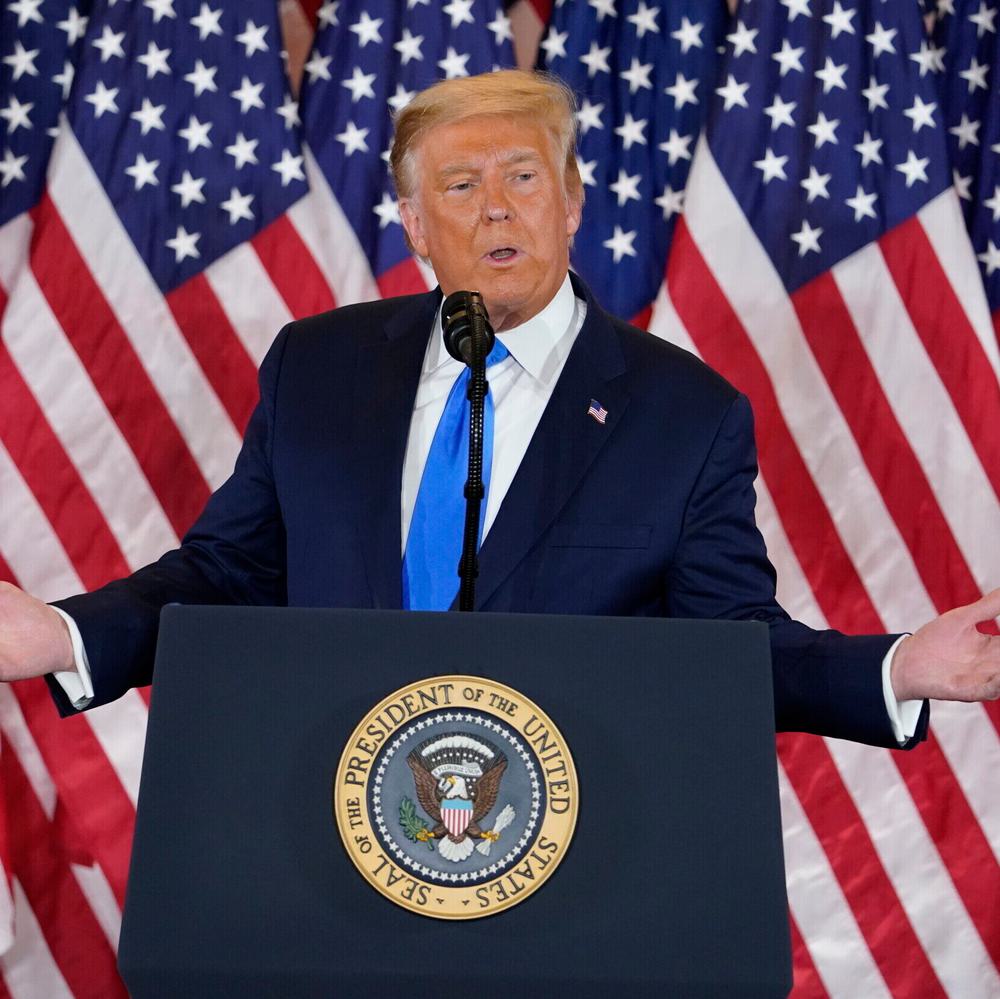
I experienced some hostilities when I was a Republican presidential elector in 2016. It was my fourth time to be an elector from Alabama, so it was unusual when, a few weeks before the electoral college convened, my mailbox began filling up with cards and letters imploring me to change my vote.

The peasant revolt was another milestone for communities desiring self-determination, limited taxation and freedom of conscience.

While not perfect by any means, the Magna Carta was the first example of a bloodless revolution in which the rule of law and rights in contracts lead to the advancement of civilization and the beginning of constitutional government.
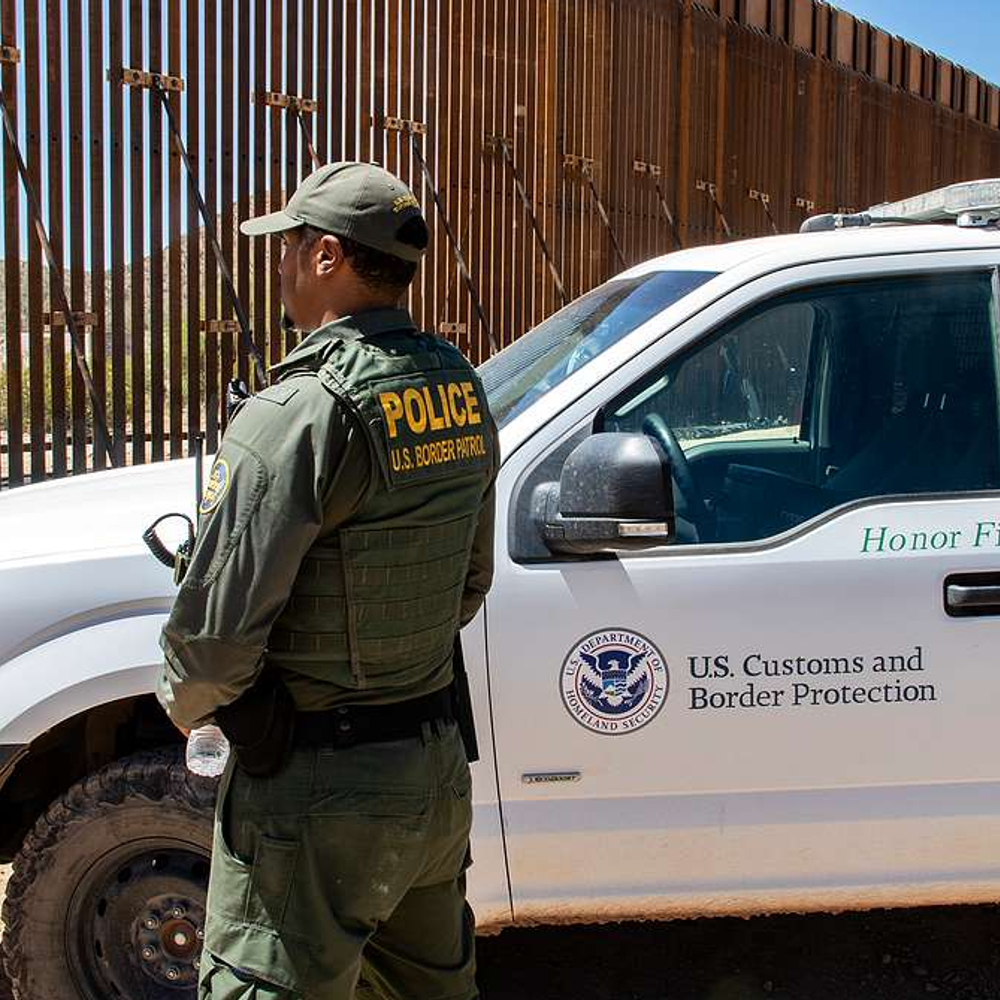
One hundred years ago, Congress passed – and President Calvin Coolidge signed – a new immigration bill. While relatively uncontroversial in the United States, the Act had a global impact.
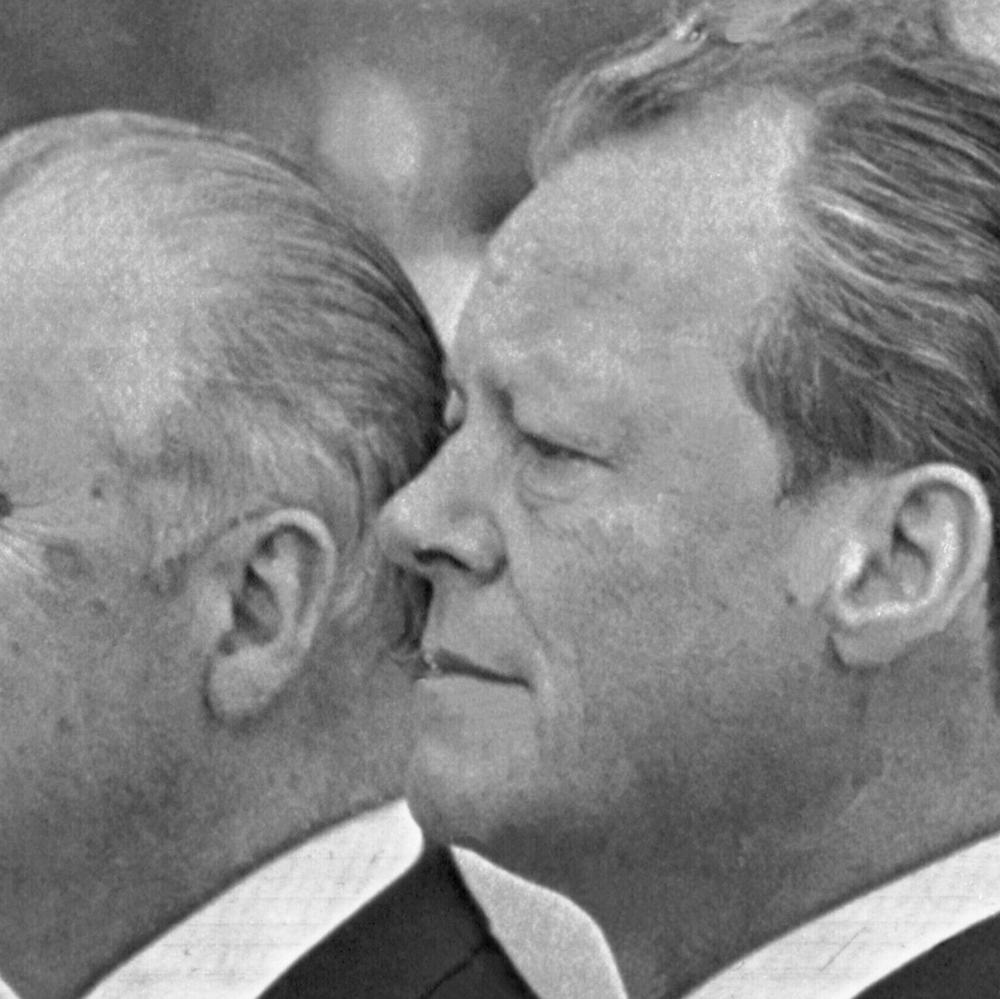
Fifty years ago, Americans were so distracted by Watergate that they failed to notice the unmasking of one of the most consequential spies during the Cold War.
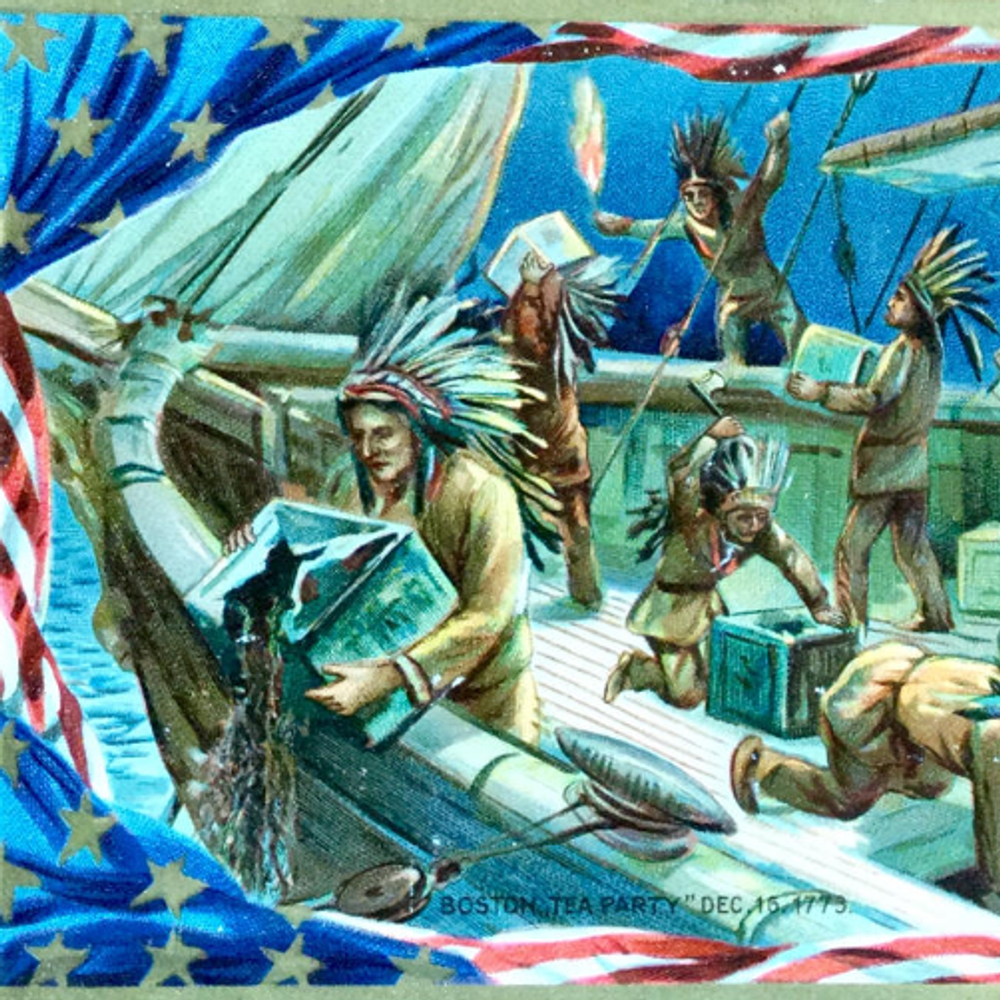
On March 5, 1774 – 250 years ago this month – John Hancock cemented his legacy as a leader of colonial resistance to British rule when he delivered his “Boston Massacre Oration.”
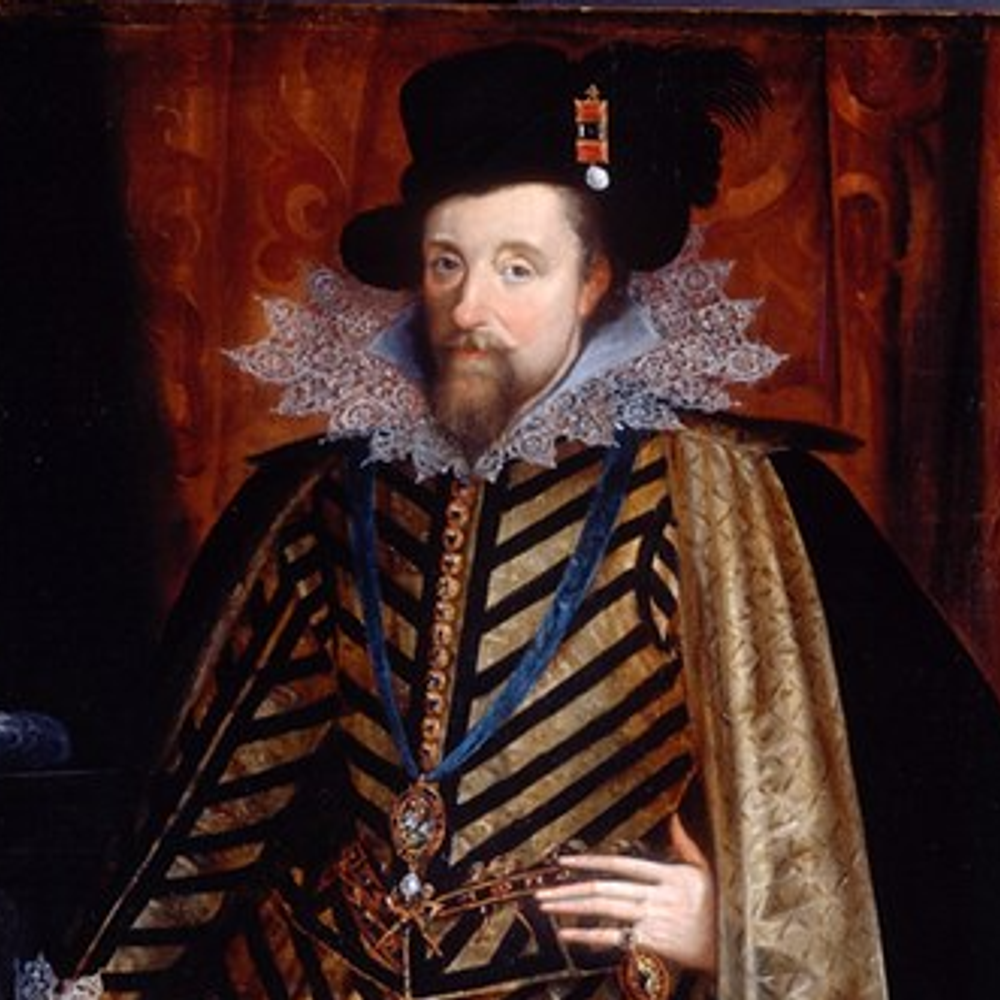
Four centuries ago, England jettisoned restraints on free trade and allowed markets, not monopolies, to regulate the sale of products.
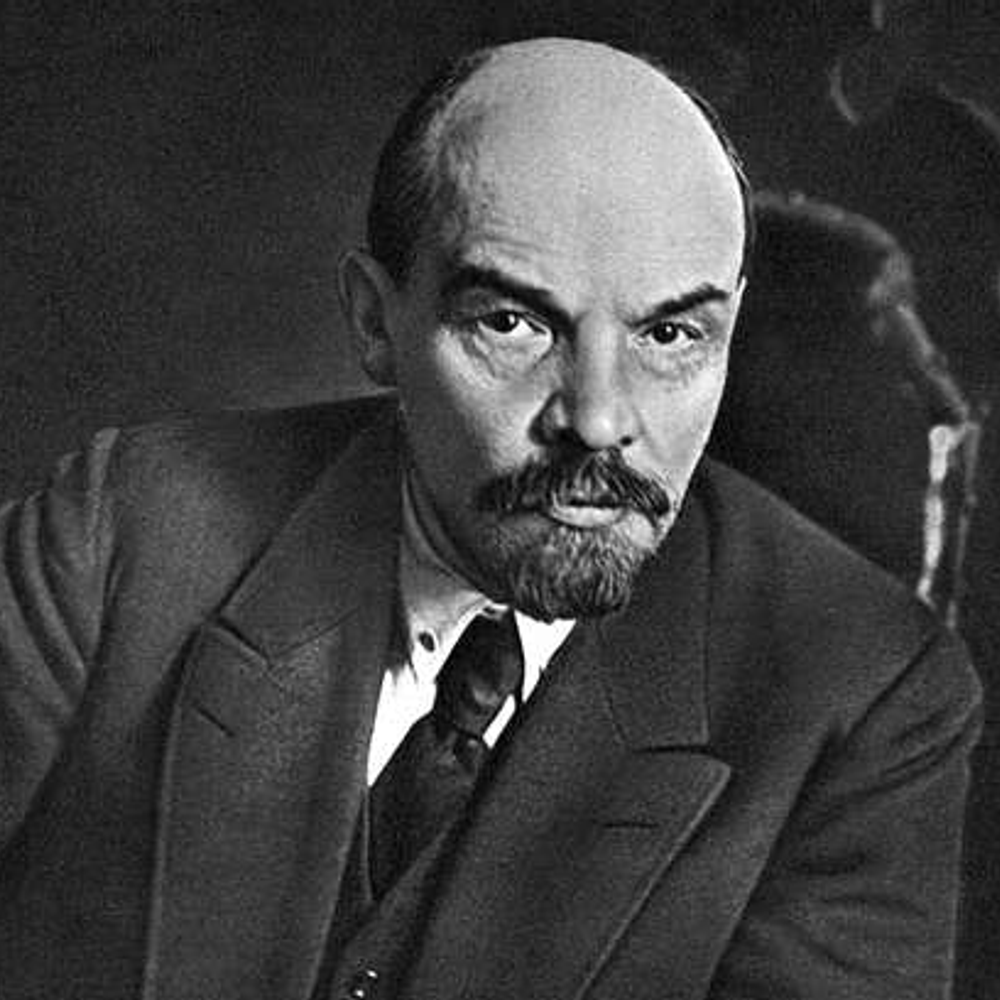
Vladimir Lenin died 100 years ago this month. An unlikely revolutionary, Lenin’s story was not one of meager beginnings or social depravation. He came from a family of means that had little connection with the proletariat he came to champion.
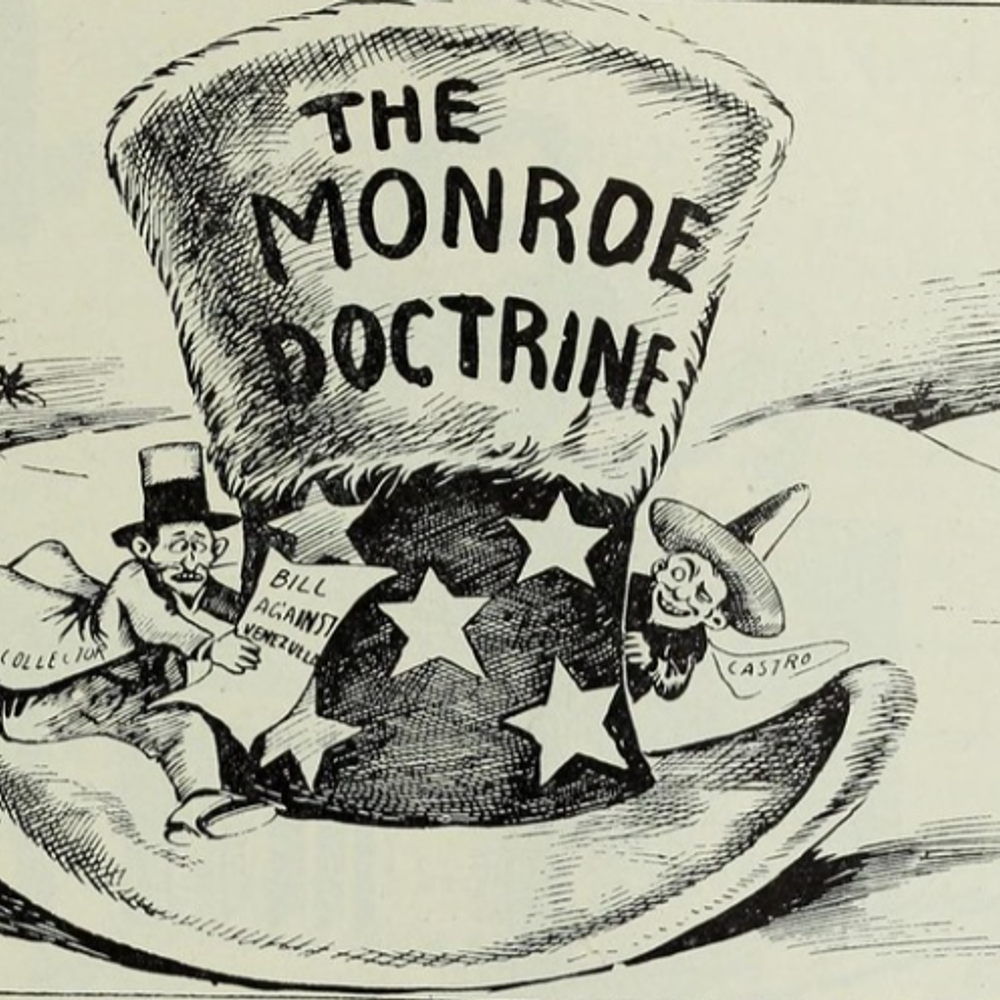
For 200 years, the Monroe Doctrine has been a centerpiece of American foreign policy.
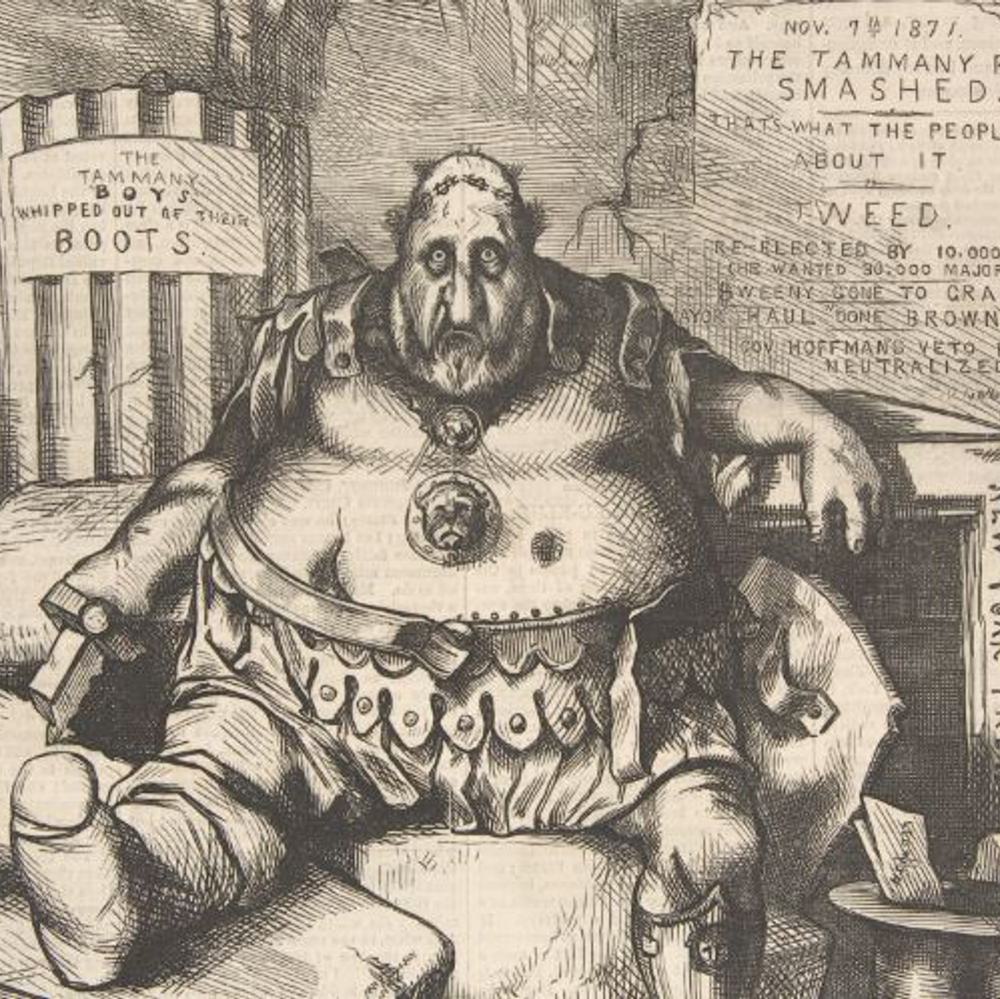
The largest political corruption trial in history ended 150 years ago with the conviction of one William M. "Boss" Tweed, whose vice was so vast and comprehensive that no one is quite sure of how much money he actually stole.
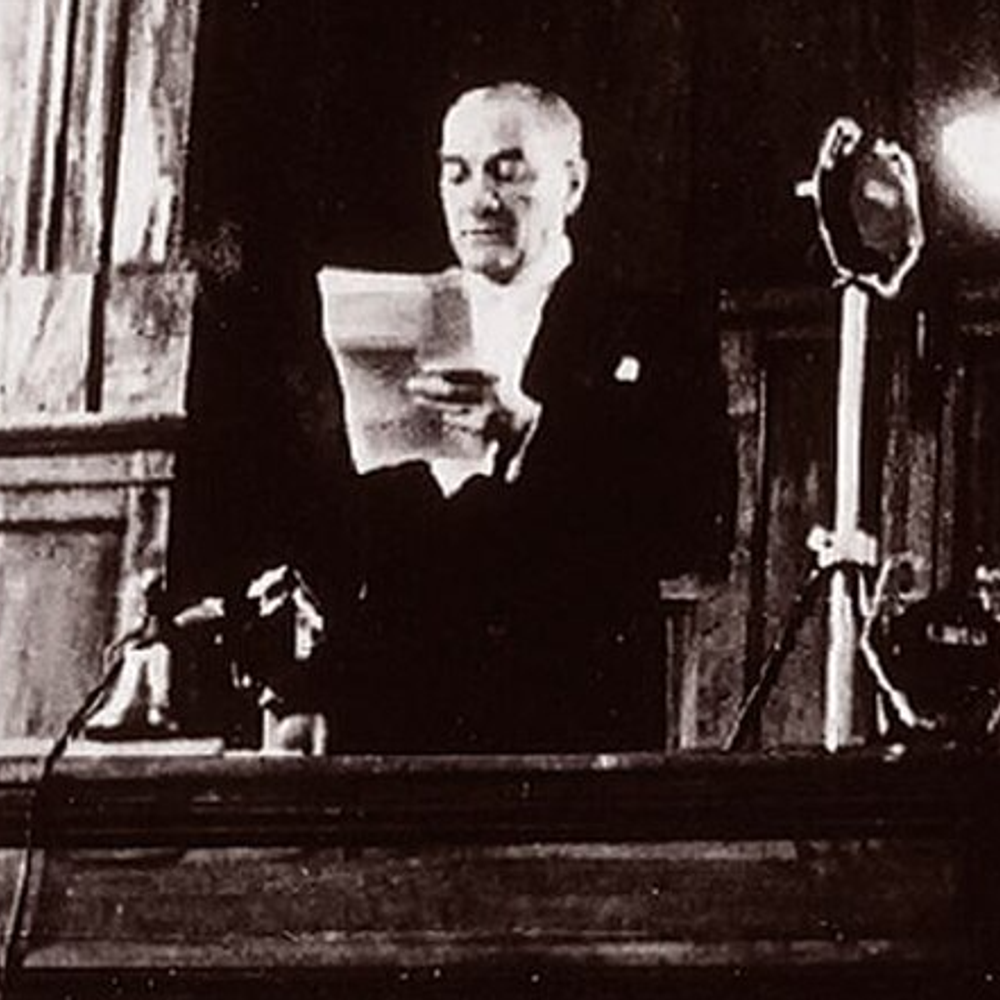
Even today, Turkey is a critical and necessary ally. Pausing to look back at their struggles to establish a republic gives us a basis for hope in their future.
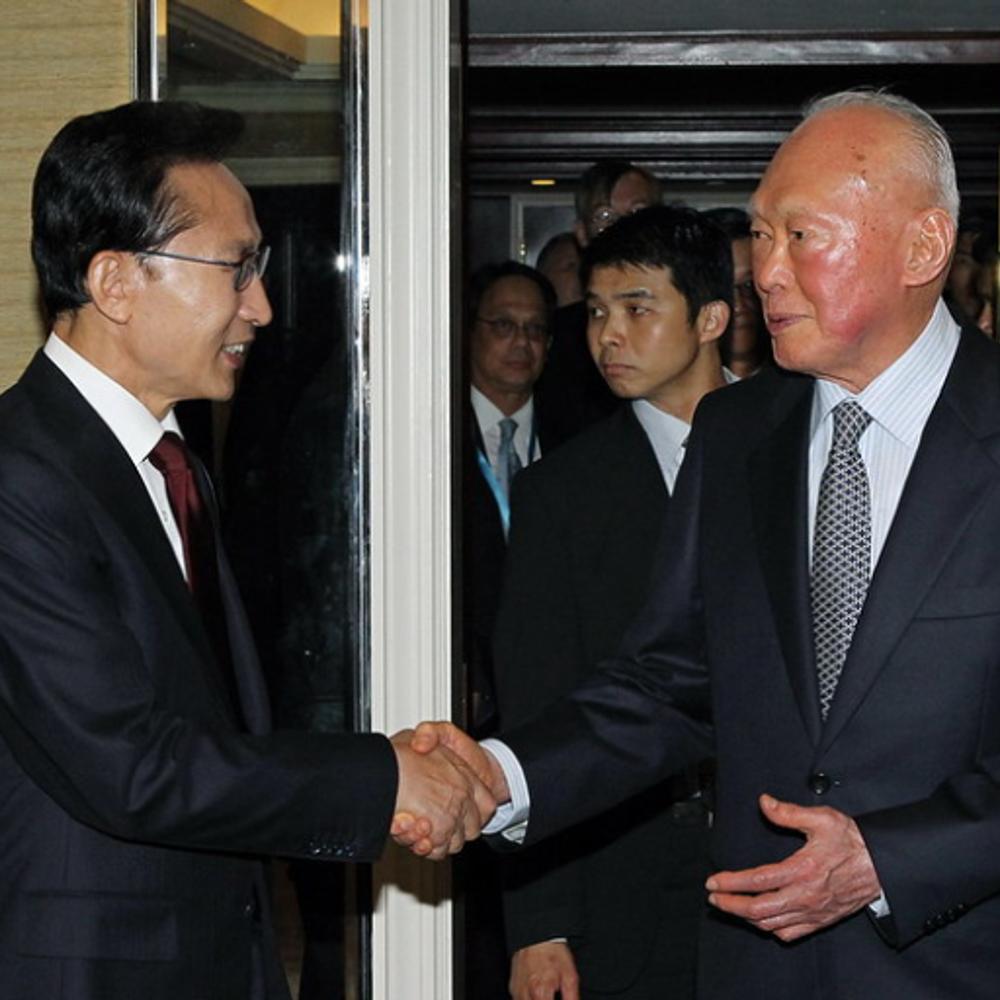
Meet Lee Kuan Yew, who would have been 100 this month. A visionary leader who contemplated a greatness for his country that few could imagine, he refused to accept the low expectations of his peoples' capabilities, embarking on a mission of almost unachievable goals.

One hundred years ago this month, delegates from various parts of the old Russian Empire met in Moscow to create the Union of Soviet Socialist Republics. The world would never be the same.
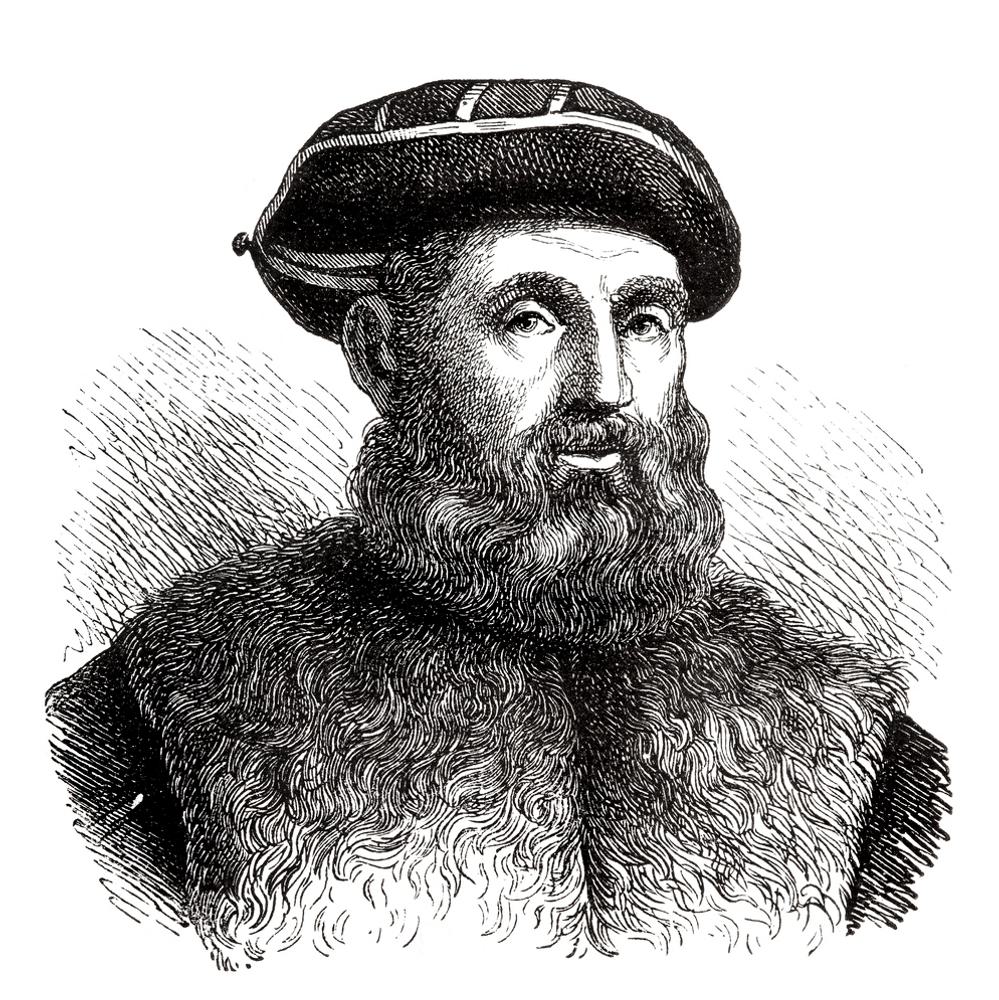
With supersonic air travel, it takes less than three days to travel around the world. Five hundred years ago, it took three years.